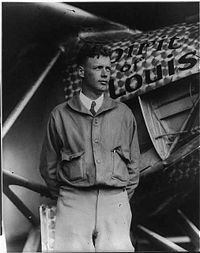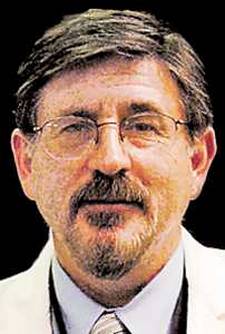One of the things that is wrong with our civilization is that it systematically falsifies its history, disregarding or ridiculing anything dealing with psychic experience, or the existence of a non-physical world, or anything demonstrating that time is not the simple obvious thing we think it is.
Wouldn’t it be something if such experiences were to happen to someone world-famous, who was brave enough to write about them straight-forwardly? And wouldn’t it be something if that book won the Pulitzer Prize and became a best-seller?
Enter into evidence The Spirit of St. Louis by Charles Lindbergh, written when he was in his fifties, describing the life-changing experience he had at age 25, while he was alone over the North Atlantic in a single-engine airplane attempting to fly from New York to Paris.
As you read these passages, you might ask yourself why none of this makes it into the history books.


